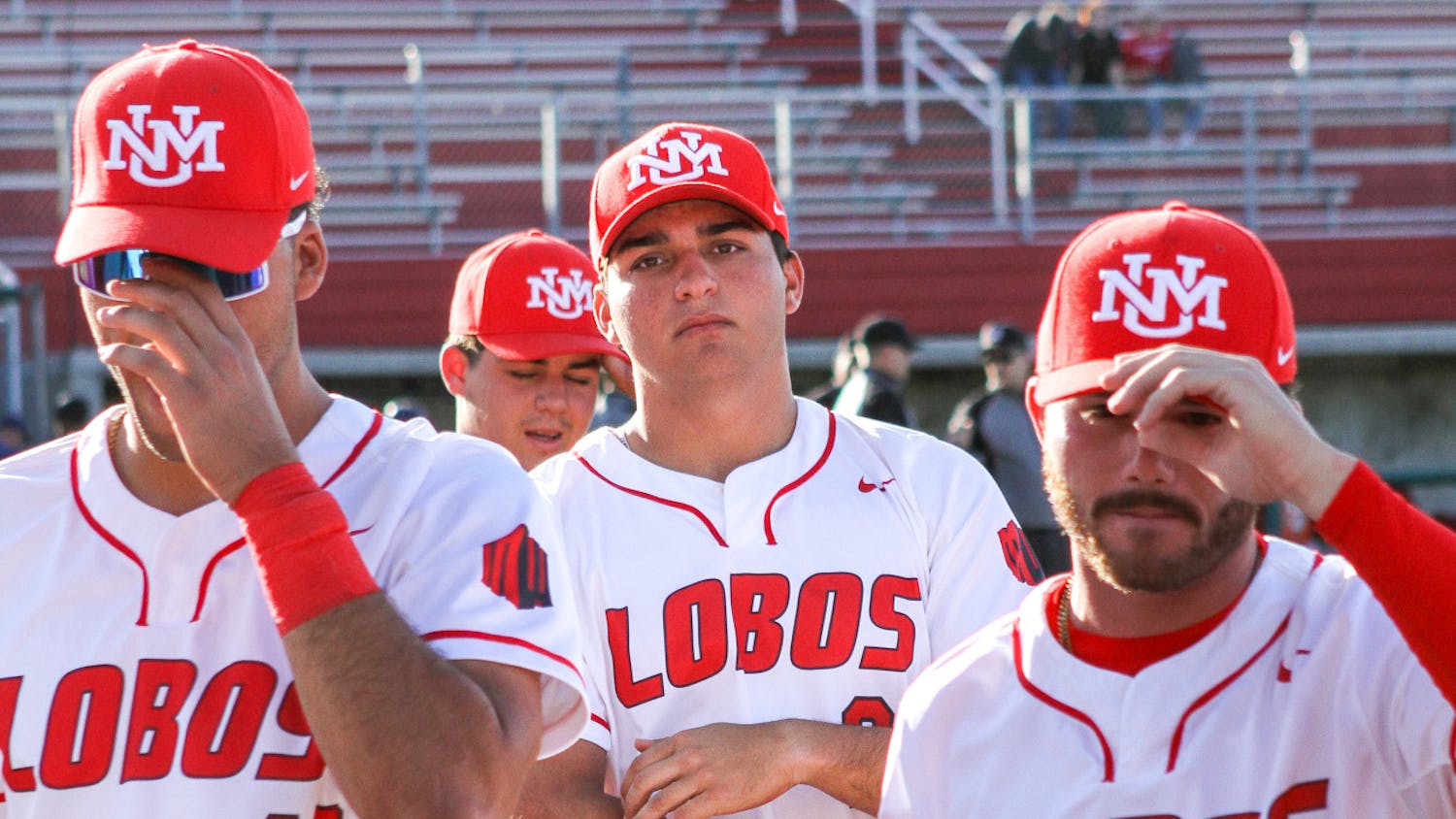Dungeons and Dragons.
You’ve probably heard that name before. But what is it? Could you describe it?
More than likely, you summon the stock image of fat, sweaty ‘neckbeards’ sitting in a basement together.
But what are they actually doing down there?
There are a few names for it. “Pen-and-paper role playing game.” Maybe “Tabletop role playing game,” or “The Single Greatest Thing in the World.”
That’s right. You read that right. The best thing ever. Sex and heroin can blow.
Imagine your absolute favorite movie, book, play, TV show, comic book — anything.
Often it’s easy to get wrapped up in the emotion, in the characters, the drama and interactions. The emotional involvement and pure satisfaction of playing in a story that you create for yourself, and inhabit plus explore, is beyond astounding.
It’s pure, literal magic. The awesomenes comes from being imagined in your own head.
PnP works like this:
The people in the game play as one character each; Lord of the Rings is always a good metaphor, since Tolkien Mania is where this whole thing began.
One person would play Gimli, another person plays Legolas, another would play Aragorn, etc. Player characters (PCs), out loud, either, A) describe what they’re doing, or B) speak as their characters.
Get content from The Daily Lobo delivered to your inbox
More on that in a bit.
One person manages the game. This is usually called “the Dungeon Master” (DM) or “Game Master” (GM). In other systems, however, it’s called more essentially as it is: the Storyteller.
The DM plays everyone else in the world the players inhabit. She verbally describes the world the PCs see and interact with; it goes something like this:
DM: “You’re all standing in a room of made of dark stone, 20 foot by 20 foot. It’s only illuminated by candles, and you can hear faint chanting coming from the other side of a large oak door. What do you do?”
Then the PCs say, individually, what their characters do. One person might say, “I listen at the door to the chanting. What do I hear?”
Another might say, “I’m going to examine the candles a little more closely.” Another might say something as their character to another: “Please, my friends. Let us search for a secret way in. I do not like the smell of this place … ”
I could write about the phrase “What do you do?” for pages and pages — about its utter power and importance to narrative and agency. For now, I’ll let it stew there, fallow and foreboding.
That’s basically all there is to it.
It’s a structured imagination game. It’s playing “pretend,” like when you were a kid.
Only now, there is an ultimate arbiter of reality in the form of the orating DM, and you have dice with a silly number of sides to prevent that inevitable snotnose from saying, “Nuh uh! You didn’t shoot me! I had my force field on!”
There are many more role playing games than just D&D. Every game system is different, and that comes from how the numbers actualize a person’s skills in one way or another (you might roll one die if you’re strong, two dice if you’re buff, or perhaps three dice if you’re superhuman), but it also effects the setting.
Some games might be Tolkien-riding high fantasy, with gold and glory; another might be a dystopian cyberpunk future like “Bladerunner,” or planet-hopping in a “Dune”-like space opera.
Another game you might enjoy an ancient scheme of plotting vampires, or a Hong Kong kung fu detective, with slick noir and pistols akimbo. Maybe the game is so much like our world, you’d think it was, if not for the sleeping horrors lying in wait to strike and feed at last.
So why is it so amazing?
In your favorite movie, you probably have a favorite character. Someone who’s just the coolest, or the most fascinating or real. In PnP, you get to create someone, anyone. The game helps you along with structure and suggestions, but this person’s history, identity, strengths, weaknesses and name are all created by you.
Every other person sitting around the table has done the exact same thing. You’re personally invested in the character you have made, just as much as everyone else. Together, these characters get to inhabit a story and an entire world created, in turn, by the DM.
So when you think about your favorite movie, and the way each character acts and changes the story and interacts with the other characters to create those exciting, dramatic, hilarious, amazing moments you watch and love, it’s all the more powerful when you’re right there in the moment, caring about your character in a story you can discover and change with your own agency and passion.
Dungeons and Dragons: It’s better than sex.
Graham Gentz is a freelance writer for the Daily Lobo. Contact him at culture@dailylobo.com.





